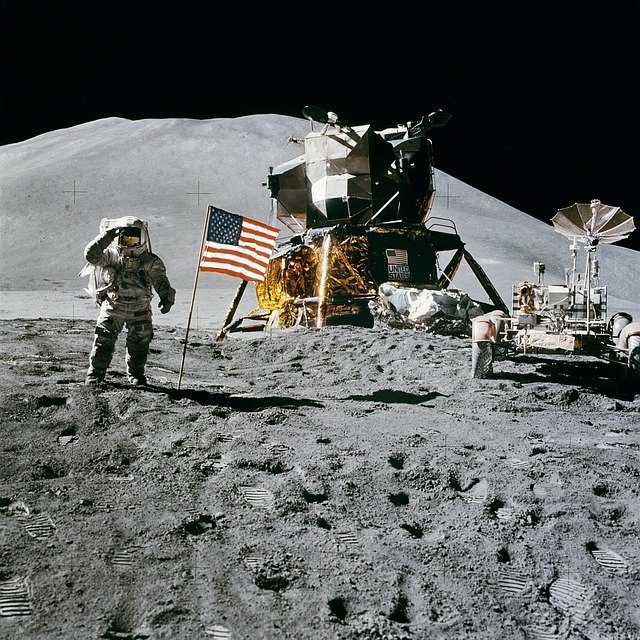Title: The Legal Labyrinth of Space Mining: Lunar Property Rights
Introduction: In the cosmic frontier of space exploration, a new legal quandary emerges: who owns the moon's resources? As private companies set their sights on lunar mining, the outdated Outer Space Treaty of 1967 struggles to address modern realities. This article delves into the complex legal landscape of space mining, exploring the challenges and potential solutions in establishing a framework for extraterrestrial resource extraction.

The Outer Space Treaty: A Cold War Relic
The 1967 Outer Space Treaty, ratified by 110 countries, forms the bedrock of international space law. It declares that outer space, including the moon and other celestial bodies, is not subject to national appropriation. While this treaty successfully prevented the militarization of space during the Cold War, it fails to address the complexities of commercial space activities, leaving crucial questions about property rights and resource extraction unanswered.
The US Space Act: A Unilateral Approach
In 2015, the United States passed the Commercial Space Launch Competitiveness Act, asserting that US citizens and companies have the right to own and sell space resources they extract. This unilateral move has sparked international debate, with some countries arguing that it violates the spirit of the Outer Space Treaty. The act highlights the growing tension between national interests and the principle of space as the common heritage of mankind.
International Reactions and Competing Claims
Following the US Space Act, Luxembourg and the United Arab Emirates have passed similar legislation, creating a patchwork of national laws governing space mining. This fragmented approach raises concerns about potential conflicts and the need for a cohesive international framework. The United Nations Committee on the Peaceful Uses of Outer Space has initiated discussions on space resource utilization, but progress remains slow due to conflicting national interests.
The Moon Agreement: A Failed Attempt at Regulation
The 1979 Moon Agreement attempted to establish a regime for managing lunar resources, proposing that an international body oversee and equitably distribute benefits from space mining. However, with only 18 state parties, none of which are major spacefaring nations, the agreement has failed to gain traction. Its principle of the moon as the common heritage of mankind conflicts with the commercial interests driving space exploration today.
Towards a New Legal Framework
As technology advances and the prospect of lunar mining becomes more realistic, the need for a comprehensive legal framework grows urgent. Experts propose various solutions, including:
-
Revising the Outer Space Treaty to explicitly address resource rights
-
Creating a new international convention on space mining
-
Establishing a UN-overseen licensing system for extraterrestrial resource extraction
-
Developing a code of conduct for sustainable space mining practices
Any new framework must balance the interests of spacefaring nations, private companies, and the international community, ensuring equitable access to space resources while incentivizing exploration and technological development.
Environmental Considerations and Planetary Protection
Beyond property rights, space mining raises critical environmental concerns. The concept of planetary protection, aimed at preventing biological contamination of celestial bodies, must be reconciled with resource extraction activities. Future regulations will need to address the environmental impact of space mining, establishing guidelines for sustainable practices and the preservation of scientifically valuable sites.
Conclusion: Charting a Course Through Uncharted Territory
As humanity stands on the brink of becoming a multi-planet species, the legal challenges of space mining represent a crucial frontier in international law. The resolution of these issues will shape the future of space exploration and resource utilization for generations to come. Balancing commercial interests, scientific advancement, and the principle of space as a global commons will require unprecedented international cooperation and legal innovation. As we reach for the stars, we must ensure that our legal frameworks evolve to meet the challenges of this new cosmic era.






